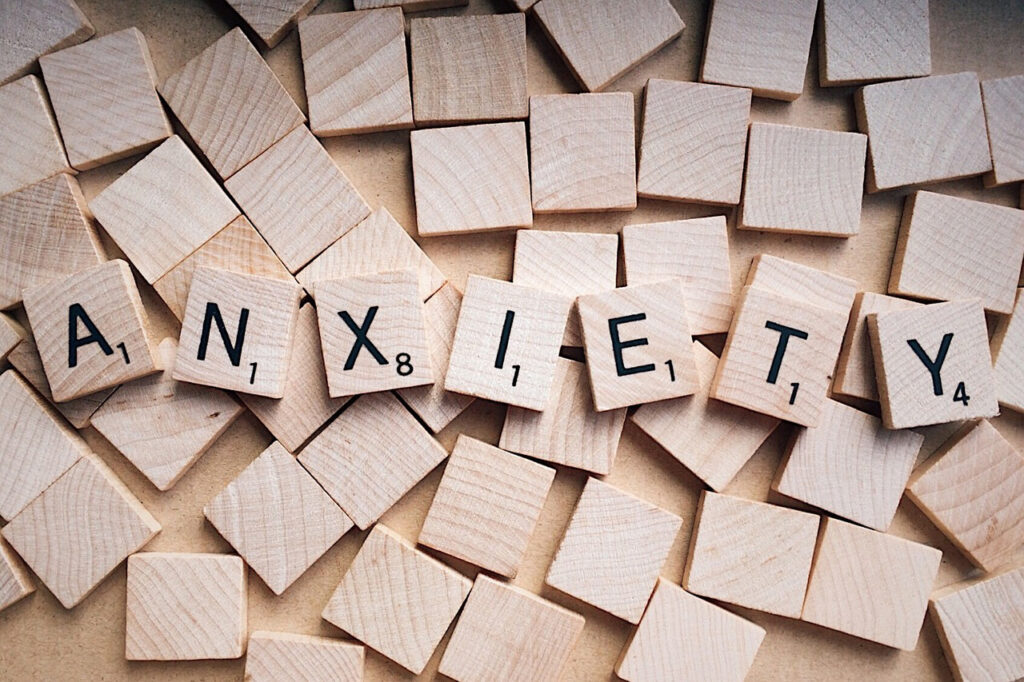Effective and Personalized Treatment for Anxiety – Available in Hanover, VA
Anxiety is an emotional state we all experience throughout our lives. There is a difference between feeling situational anxiety, like being nervous before a test or a first date, and living with an anxiety disorder, however. Those who meet criteria for an anxiety disorder often find alleviating their anxiety difficult, and it causes problems in areas of their life such as work, school, or relationships. Whatever the root cause, anxiety treatment recommendations are typically the same; counseling, medication, or a combination of the two.
However, everyone responds differently to forms of treatment, so you may need to try several different combinations to determine what helps ease your symptoms and provides you with the right coping skills to work through difficult situations.
Counseling: Group and Individual
Pairing group and individual counseling sessions can help people with anxiety disorders understand they are not alone and gain support from peers with similar struggles. In group therapy, participants can support one another and share coping skills that work for them, while individual sessions provide a safe environment to explore the deeper causes of an individual's anxiety and work through them with talk therapy. Whether group or individual counseling, there are researched based modes of therapy that are used to teach coping skills and a better understanding of anxiety disorders.
Cognitive Behavioral Therapy (CBT)
CBT involves identifying how our thoughts, emotions, and behaviors all coincide. It looks to identify and change unhealthy or irrational thought patterns, such as automatic negative thoughts. Clients work with a therapist to learn how to identify triggers that can spark an anxiety response, learning how both their thoughts and behaviors can reinforce their anxiety. Clients work one-on-one with a therapist to practice new coping skills and thought patterns to alleviate their anxiety.
Dialectical Behavior Therapy (DBT)
DBT is another form of behavioral therapy which is commonly used to treat mood disorders. DBT therapists work directly with their clients to build new skills in the areas of interpersonal effectiveness, emotion regulation, distress tolerance, and mindfulness. DBT is a more hands-on approach, focusing on gaining the skills necessary to better handle difficult emotions and situations. It focuses on finding “wise mind” or the balance between our emotional thoughts and rational thoughts.
Mindfulness Practices
Mindfulness involves a series of thoughtful techniques to help people with anxiety live more in the moment and work through an anxiety-provoking situation. It can include stress management techniques like daily meditation or a mindfulness mantra that someone can concentrate on to help them self-soothe a panic attack or anxiety flare-up. When we are anxious, our thoughts are often focused on the future. Mindfulness is a focus on the present. Some people also find that daily exercise, such as yoga, can help improve mindfulness.
Medication
Although prescription medications do not cure anxiety disorders, the right type of medication can help reduce symptoms. Antidepressants, anti-anxiety medications like benzodiazepines, and beta blockers like gabapentin are usually used for anxiety treatment.
Finding the right medication, both type and dose, for your brain chemistry, may take a bit of trial and error, so it's important to work closely with your doctor and report changes in your mood (good and bad) and pay attention to any emerging side effects. Some medications may take a few weeks to start working, so try to give a new one a few weeks before determining its effectiveness. Your doctor will let you know what time frame you will be working within so it’s important to track the days and changes in mood, thoughts and behaviors.
These medications improve how your brain uses or produces certain chemicals and hormones, which can help balance your mood. Some anti-anxiety medications, like hydroxyzine, may relieve situational anxiety or a panic attack.
It's also important to note that stopping an antidepressant or anti-anxiety medication "cold turkey" can be dangerous, so follow your doctor's recommendations about stopping or changing medications. Some people may build up a tolerance to medications, especially benzodiazepines, so your doctor should carefully monitor the use of these.
How the WHOA Behavioral Heath Team Can Help You
WHOA Behavioral Health offers several different anxiety treatments as well many other mental health services. With telemedical appointments available, WHOA allows you to receive services from the comfort and privacy of your home in Hanover, VA. Contact us today to schedule a confidential assessment and learn more about treatment options tailored to your needs.

